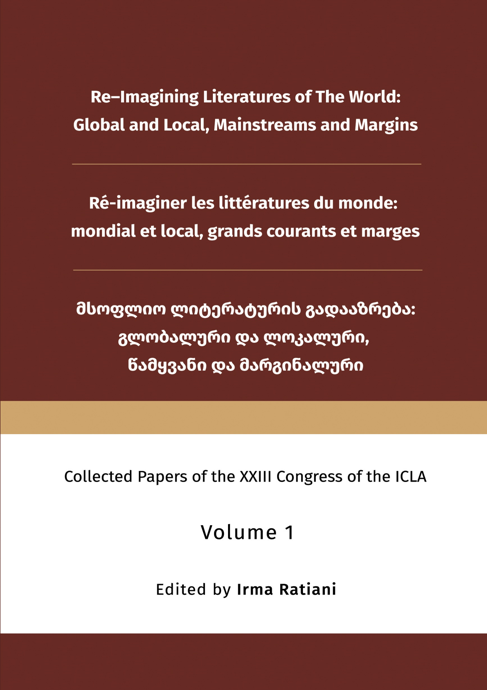Song of the Dark Ages: Brecht in Exile and “Chinese Role Model”
Main Article Content
Abstract
A close reading of the 20th-century German writer Brecht's works on Chinese elements, themes and subjects during his exile (1933-1947) shows that the “Chinese role model” had an important influence on Brecht's artistic creation and thinking about his life during his exile. The substance of Brecht's relationship with Chine-se culture remains to be examined in depth. Using comparative lite-rary methods such as figurative studies, this paper divides Brecht's references to Chinese culture into three specific ways: creative translations of the “exiled poet” Bai Juyi, imaginative manipulations of the “Chinese wise man” Lao Tzu, and the creation of The Good Man of Sichuan. Put the three together for investigation, we can not only see Brecht's courtesy to Chinese wisdom and recognition of Chinese culture, which is constantly developing and deepening. It could also be used as a mirror to further explore its underlying mo-tivation, so as to see how Brecht completed his thinking of survival and art by learning from foreign oriental culture during his 15 years of exile life, which also represents the survival path of the German generation of exiles in that dark era.
